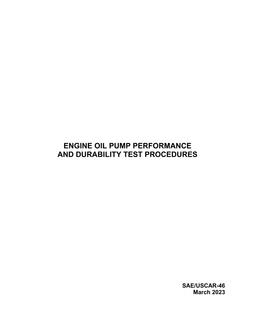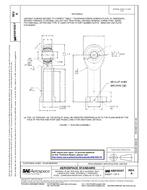Automated driving systems (ADS) have the potential to revolutionize transportation. Through the automation of driver functions in the application of advanced technology within the vehicle, significant improvements can be made to safety, efficiency, user experience, and the preservation of the environment. According to the US Department of Transportation [1], there are more than 1,400 cars, trucks, buses, and other vehicles being tested by more than 80 companies across the USA. Implementation of ADS technology is well advanced, with many sites across the USA incorporating automated vehicles (AVs) into wider programs to apply advanced technology to transportation. Discussions with the public sector’s implementing agencies suggest that one of the barriers to faster progress lies in the lack of consistent and standardized field-testing protocols. This report looks at the state of the art of field testing for ADS and identifies areas for improved consistency and standardization. It will define the problem to be addressed by AVs and the challenges associated with the introduction of such vehicles and open-road situations. In particular, the report will look at the possibilities for big data and analytics to enable the sharing of lessons learned and convergence on standard field-testing approaches.
NOTE: SAE EDGE™ Research Reports are intended to identify and illuminate key issues in emerging, but still unsettled, technologies of interest to the mobility industry. The goal of SAE EDGE™ Research Reports is to stimulate discussion and work in the hope of promoting and speeding resolution of identified issues. SAE EDGE™ Research Reports are not intended to resolve the issues they identify or close any topic to further scrutiny.
Product Details
- Edition:
- 1
- Published:
- 12/19/2019
- Number of Pages:
- 24
- File Size:
- 1 file , 1.9 MB
- Note:
- This product is unavailable in Belarus, Russia, Ukraine


